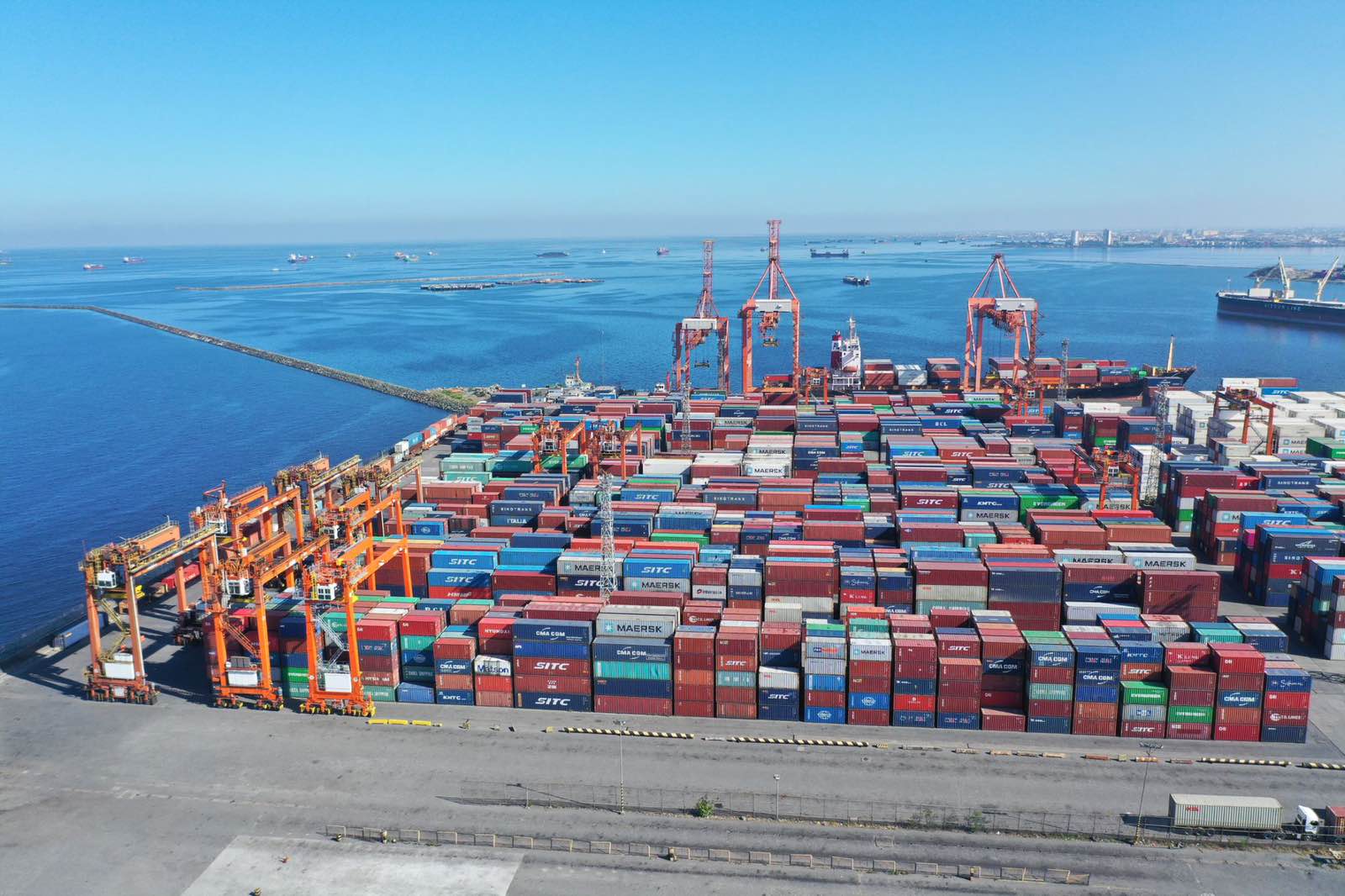ASEAN seen remaining major player in global supply network

ASEAN COUNTRIES are well-positioned to attract investment following shifts in global value chains (GVCs) in the wake of the coronavirus pandemic, economists said, citing the region’s growing middle class.
At a webinar organized by the ASEAN+3 Macroeconomic Research Office (AMRO) Wednesday, Hoe Ee Khor, chief economist of AMRO, said: “Although we have seen some cross-border relocation of GVCs globally, the ASEAN+3 region will remain a highly attractive location for GVC investment in the post-pandemic world.”
“The region’s middle class is expanding rapidly and becoming more affluent. The large pool of labor is upskilling to the digital economy. Businesses are adopting new technologies and creating more commercial opportunities,” he added.
He said before the pandemic hit, ASEAN countries reported an increase in investment flows, particularly in the Philippines, Indonesia, Vietnam, Malaysia and Thailand.
The size of the GVC sector and trade relative to the global economy had been receding prior to the pandemic mainly due to rising protectionism and reshoring of outsourced businesses, Mr. Khor said.
He said that the pandemic has added to the slowdown due to disruptions like border closures.
AMRO said GVCs drive growth for the region and accounted for half of the regional and global trade volume of ASEAN+3, which includes the 10 members plus China including Hong Kong, Japan, and South Korea.
To better capture the opportunities from the pandemic, Deborah Elms, founder and executive director of the Asian Trade Centre, said ASEAN economies should strengthen trade integration within the region to create a stable and smooth flow of goods, services and investment and boost production.
“This is an opportunity for ASEAN to deliver on the promise of the economic community, which is we finally have ASEAN members create almost a seamless movement of goods, services and investment that has long been promised but has been short in reality,” Ms. Elms said during the webinar.
“It becomes more urgent for ASEAN to make sure that the policy landscape is supportive of continuing integration in the region itself, plus 3, (and with) global partners,” she added. — Luz Wendy T. Noble
